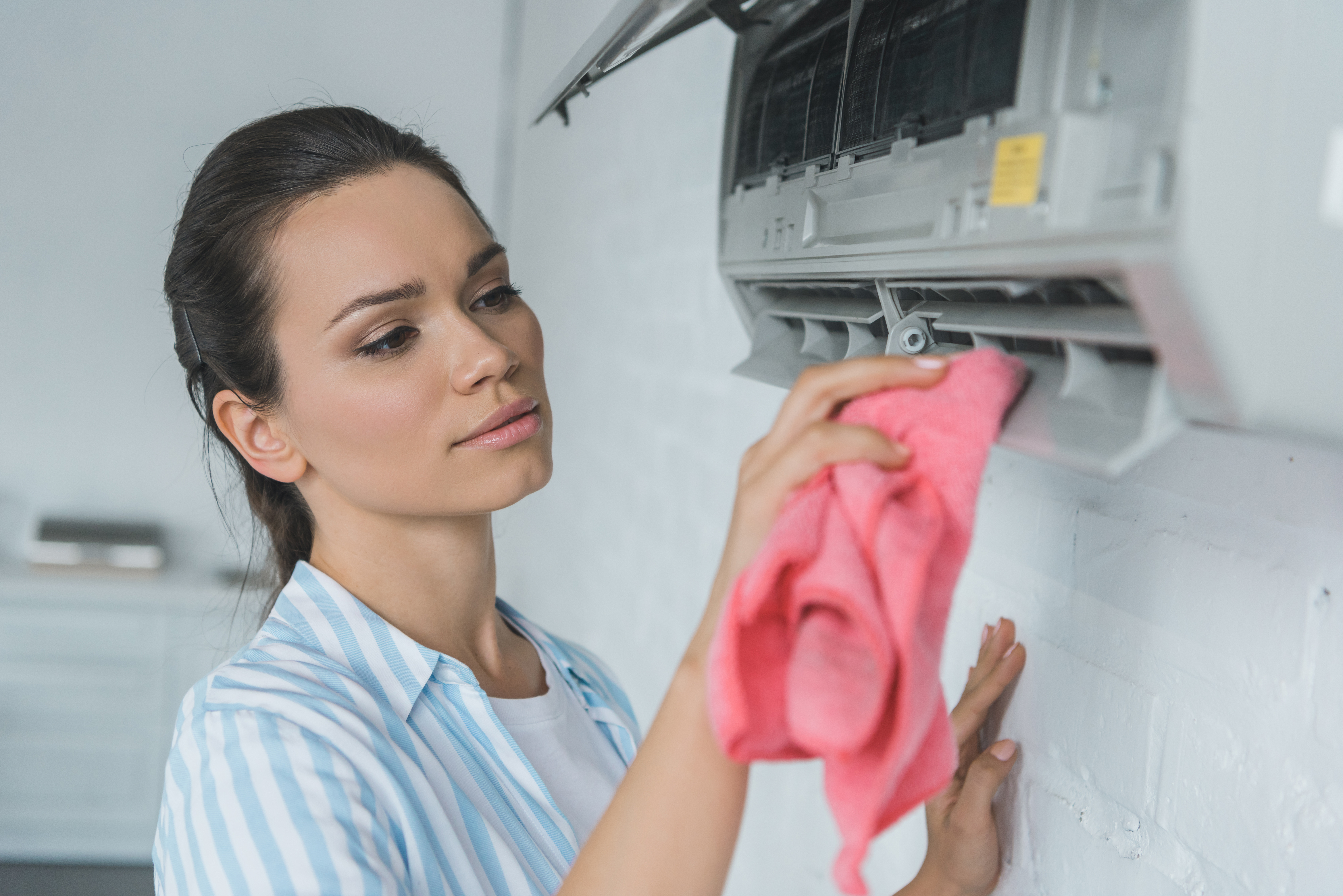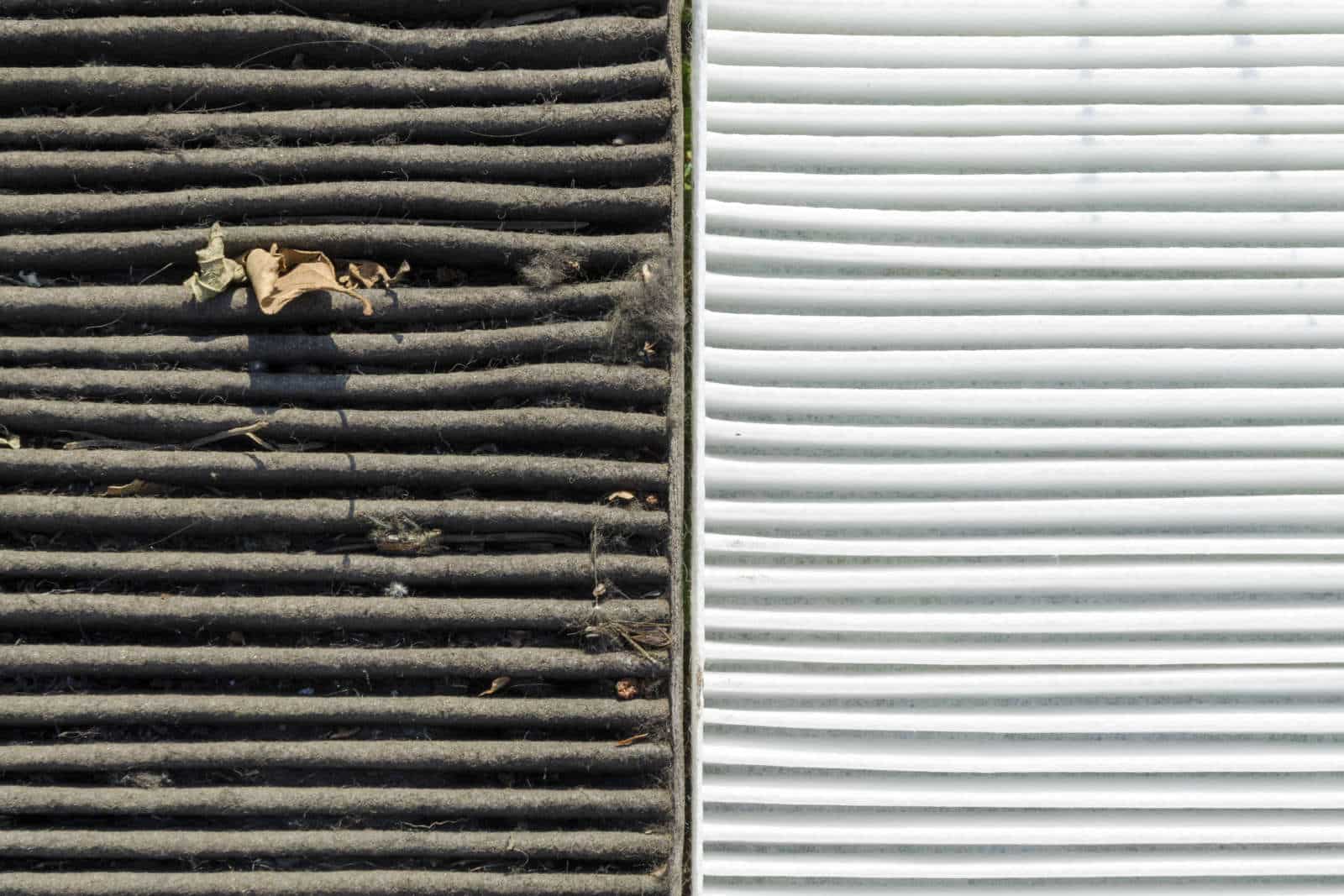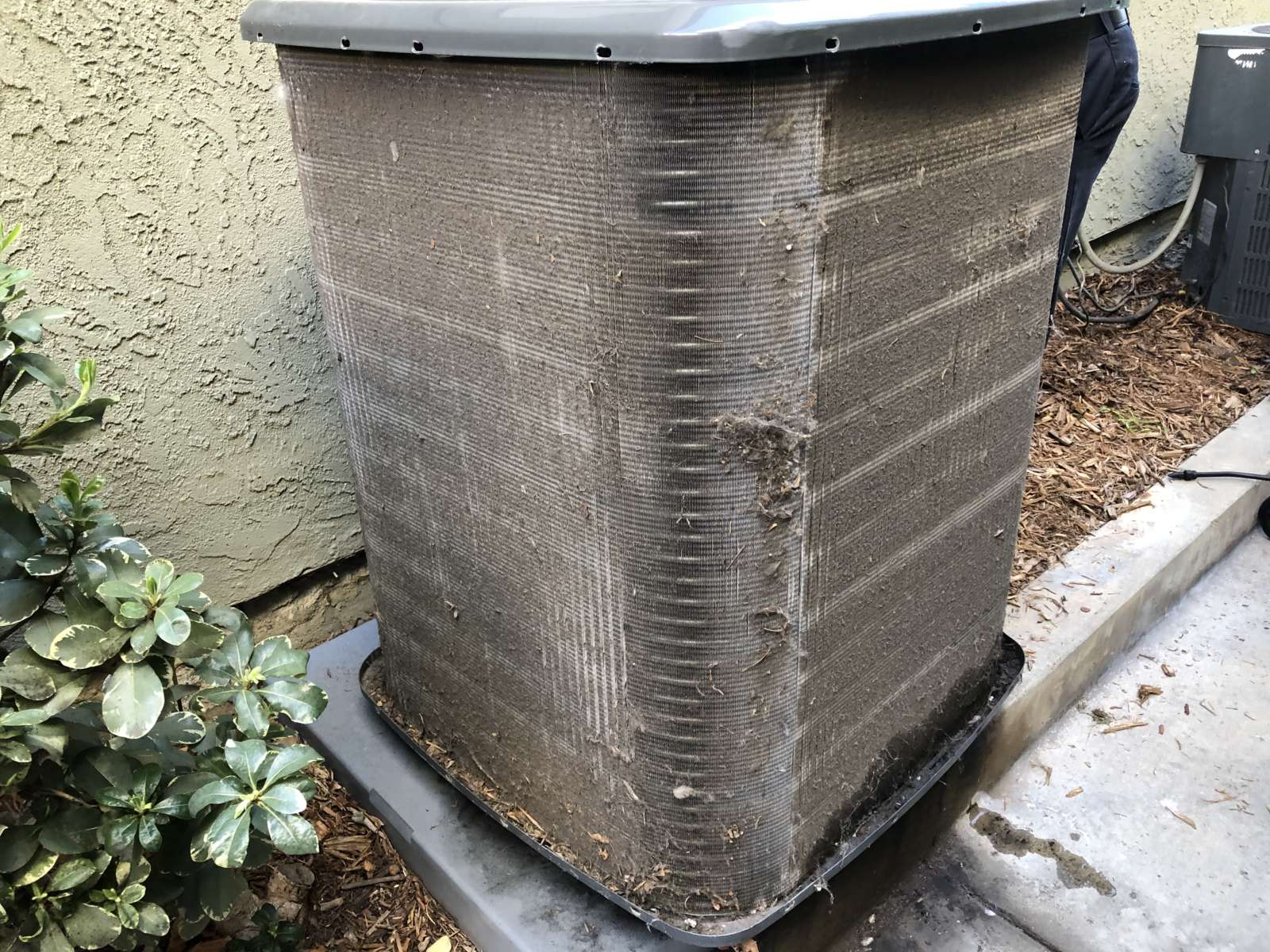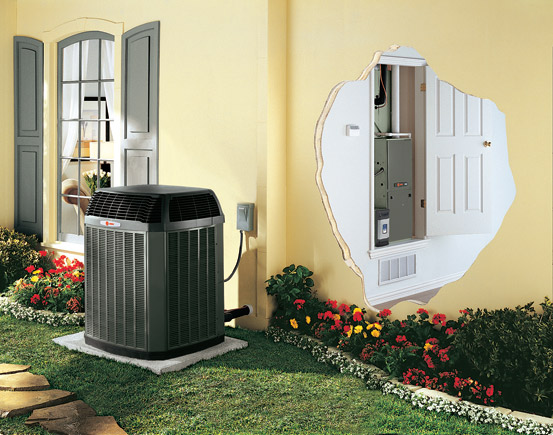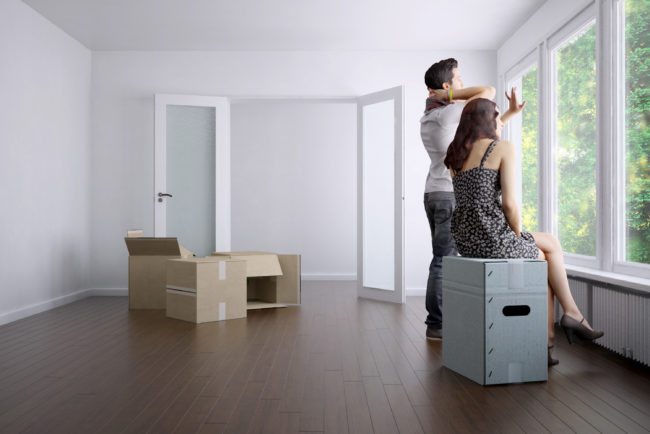The average air conditioner lifespan is 15-20 years, but with proper care you could see your air conditioner last as many as 30 years.
Let’s face it. The cost of an air conditioner is a huge hit to your wallet.
To avoid paying for a new HVAC system earlier than you need to, follow these important tips to maximize your air conditioner lifespan.
1. Choose the right air conditioner sizing
The first tip for increasing your air conditioner lifespan actually takes place before you purchase the air conditioner.
So if you’ve already got one installed, there’s not much you can do at this point.
But it’s still an important tip.
A 1100 SQFT house requires a different air conditioner than a 2800 SQFT house.
Many times, larger houses will actually have two systems in different sections of the home.
Your local air conditioning contractor should be able to tell you what size you need, but it’s always best to do your due diligence.
I’ve seen contractors significantly undercut the sizing you’d need to give you a lower bid and hope to win your business at the expense of efficiency.
Alpine Home Air Products has a great air conditioner sizing calculator to help you determine what size system you need.
2. Reduce Heat Loss
Heat loss? We’re talking about air conditioning!
Heat loss is just the term we use in the industry to refer to how well insulated your home is.
Things like poor attic insulation and gaps in your doors and windows can lead to significant heat loss in your home.
The faster your temperature controlled air seeps out of your house, the more often your air conditioner needs to work to keep the temperature maintained.
You can cut down the load on your system by installing dual-pane windows and sealing all gaps.
If you do your best to help your air conditioner work as little as possible, it will reward you with a long and healthy life.
3. Use a Smart Thermostat
The old “set it and forget it” practice of half a century ago might have been fine back then, but new technology makes it easier for you to only use your air conditioner when you need it.
Instead of running your A/C all day while you’re at work just so it can be cool when you get home, now you don’t have to do that.
Smart thermostats have developed so much in the last few years, they even have one that will sense when you’re leaving work. GPS technology will trigger your A/C and turn it on as soon as you’re headed home.
How neat is that?
4. Schedule Regular Preventative Maintenance
Just like your car, regular maintenance keeps your HVAC system running at optimum efficiency and maximizes your air conditioner lifespan.
You wouldn’t skip an oil change.
Everyone knows bad things happen when you’re oil runs low or no longer provides the lubrication your car needs.
In much the same way, ignoring preventative maintenance on your air conditioner will cause the system to become blocked with debris.
When this happens, your system has to work harder to provide you the same results, and the harder it works, the faster it burns out.
What’s involved in preventative maintenance?
At Precision Temperature, we’ll check the amp draw, make sure everything is firing properly, check for leaks, clean the condenser, and change your air filter.
We even offer duct cleaning services.
5. Open all your registers
Speaking of ducting.
It’s a fairly common practice to close registers in the rooms that you don’t use.
If that’s you, Stop it!
Your air conditioner sizing was specifically chosen to cool your entire home. By cutting off certain rooms, you could destabilize the pressure in the ducting and put undue pressure on your air conditioner.
Besides, the temperature of those unused rooms don’t matter at all.
Your air conditioner is controlled by your thermostat and the air around it.
Whether that spare bedroom is cold or hot doesn’t affect whether your air conditioner is on or off. And closing those vents won’t cool your house down any faster.
6. Replace your air filter
Your air filter does more than just block dirt from entering your ducting, it also controls air flow.
If you’re noticing that the air coming out of your registers isn’t blowing as strong as it used to, the culprit might be your air filter.
It’s easy to check on your own.
Just go to your furnace or air handler. This is usually in an attic, garage, or closet. Look for the air filter and pull it out.
If it looks like the one on the left:
You need to change your air filter.
7. Add on dehumidifiers
Did you know that your air conditioner also functions like a dehumidifier?
Your air conditioner works, not by blowing cold air into the room, but by removing heat from it. The reason your air conditioner has a condensate line, or why a window A/C drips on the outside, is because it’s sucking in the heat and transferring it outside.
That hot air is run across cold coils and the moisture that’s in the air turns from a gas into a liquid as it exits your home.
If you want to reduce some of the stress on your air conditioner, you might choose to install a whole house dehumidifier or air purifier. Dryer air is easier to cool than warm air.
During more moderate temperatures (around here 70 degrees) when you’re just not sure if it’s worth running the A/C, a dehumidifier can help. And it’s cheaper to run.
By not running your A/C, you’re helping it last just a little longer, and reducing your energy bills in the process.
8. Keep the space around your air conditioner clear
We recently were called out to an apartment where the air conditioner wasn’t working properly.
When we arrived, we saw that it was installed in an area that got a lot of dirt in and around the condenser.
It was filthy!
After a good clean, the air conditioner was working good as new.
The point is, your outside condenser should be kept free and clear of any trees, shrubs, or mulch.
The best place is on a concrete slab, away from the common areas, and as much out of the sun as possible.
If you can keep the space around the air conditioner clean, it won’t get as dirty. This will in turn increase your air conditioner lifespan.
9. Repair or Replace?
Eventually you’re going to get to the point where have to ask whether it’s better to repair or replace your unit.
The rule of thumb is if the repair costs your 50% more than it would be to get a new unit, then replace it.
And if you find yourself spending more than 30% of the cost of the unit per year in repairs, then you might also want to replace it.
After all, why spend several thousand a year when you can buy a new system and (most likely) not pay for repairs for 10 years or more?
Air Conditioner Lifespan
So how long has your air conditioner lasted?
An air conditioner is a big investment.
Are you taking the necessary precautions to get the biggest bang for your buck?
Take care of it, and your air conditioner will take care of you for many many years.


